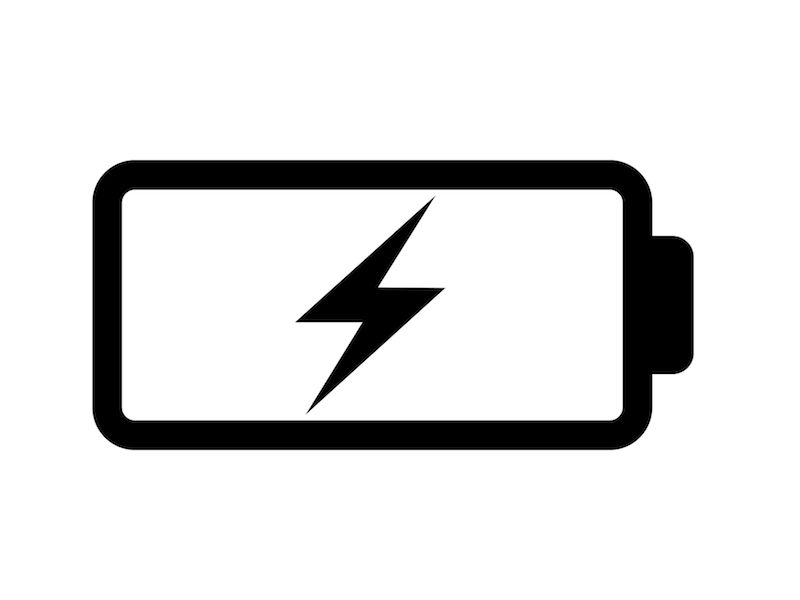
Stressing about running low on batteries is something you shouldn’t have to do with rechargeable hearing aids, but when you rely on this technology, it might make you slightly anxious. Do rechargeable hearing aids work, and do they work as well as advertised?
The anxiety is understandable and so are the question you may have. A hearing aid is often as necessary for the enjoyment of a tv show or a movie as it is for a trip to the grocery store or any other part of daily life. When a piece of technology impacts so many areas of your life, it’s important that it work properly and reliably.
What Type of Battery do I Have?
Most contemporary hearing aids are equipped with rechargeable batteries by default, so if you got your hearing aids recently it’s likely that your hearing aids will have one of two battery types. Silver-zinc batteries, which can usually be identified by a battery door on the device, are rechargeable, but the batteries may need to be changed every so often. A Lithium-ion battery, however, will not have a battery door because the batteries will last as long as the hearing aid does.
Rechargeable Hearing Aids Need Special Care
For the most part, rechargeable hearing aids do work, and they work well. The reliability of these devices has increased significantly in the last few years, as battery technologies have advanced. In order to increase reliability, however, there are some maintenance steps users can take as they would with any other electronic equipment.
- Keep Your Hearing Aids Dry and Clean: No matter how often you use or do not use your hearing aids, they have abundant occasion to collect dust, debris, and moisture. Your hearing aid might not fully charge if it is subjected to any of these three things. That’s why it’s essential to keep your hearing aids dry and clean especially when connecting your hearing aid to its charging station.
- Be Careful of Wires: Most hearing aids will have a wire element of some kind, either on the charging station or on the hearing aids themselves. Most hearing aid users are counseled to be mindful of these wires; the connection that allows the device to charge can be broken if you pull on or hold it by the wires.
- Put Your Hearing Aids on The Charging Station: If your hearing aids have rechargeable batteries, you can increase the battery life of your device by ensuring that you consistently store your hearing aids on their charging station. Charging a battery that is not totally drained does not reduce long-term battery life. In fact, making sure that your hearing aids are charging when you’re not using them can actually maximize your long-term battery life. For many people, setting their charging station beside their bed is a simple reminder to charge the devices when not being used.
How to Replace a Rechargeable Battery
Lithium-ion batteries will normally last the as long as your device does. So changing those batteries shouldn’t be something you ever have to be concerned about. Simply continue recharging your hearing aids as long as needed.
Hearing aids that depend on silver-zinc batteries, however, might require fresh batteries once in a while. Replacing batteries in the correct way can help increase the lifespan of your hearing aids. As a result, the majority of people who use these hearing aids are counseled to:
- Don’t get rid of any packaging or plastic tabs until you’re ready to use batteries.
- Make sure you wash your hands before replacing your hearing aid batteries.
- Let the batteries sit out at room temperature for at least five minutes before taking off any tabs that might be attached.
- Clean and free of moisture is the state that your battery compartment should be kept in.
- Store batteries in a room temperature place that is also sure to be dry.
Non-Use For Long Periods
Keeping your hearing aids on the charger over long periods of time is no longer the way to store your hearing aids. If, for example, you know that you will not be wearing your hearing aids for several weeks or months, you can just disconnect the charger and put your hearing aids in a cool and dry spot.
If your hearing aids use silver-zinc batteries, you might also think about leaving the battery door open in order to stop moisture from corroding your batteries.
Keep it Charged Every Day
For most individuals, and for everyday use, charging your hearing aids once a day should be sufficient for all of your requirements. To get 24 hours worth of battery life with a lithium-ion battery will usually only require 3-4 hours per day.
Do rechargeable hearing aids work? They don’t only work, they are becoming more common every day. Make an appointment with your local hearing aid retailer to see all the different models
